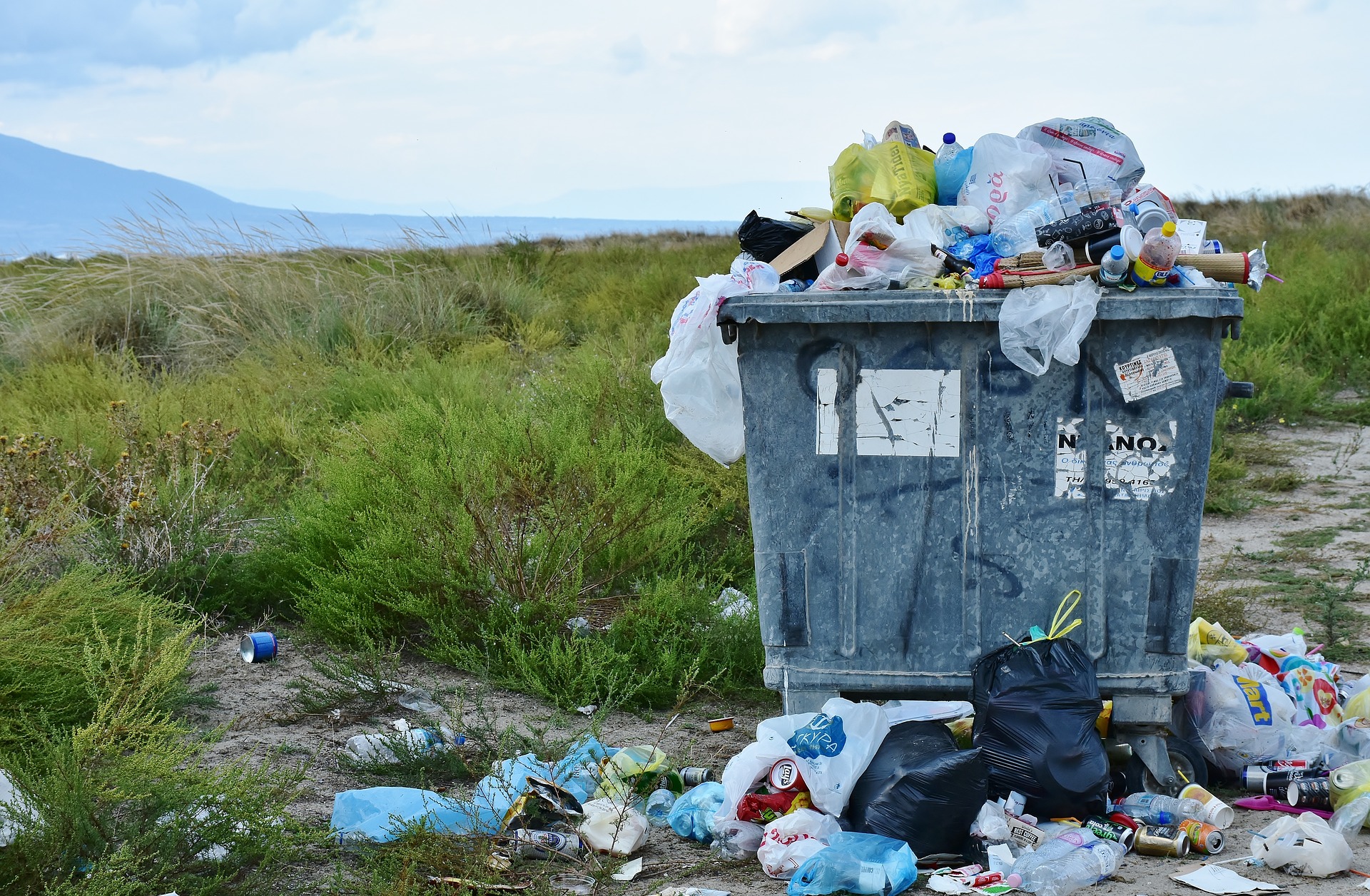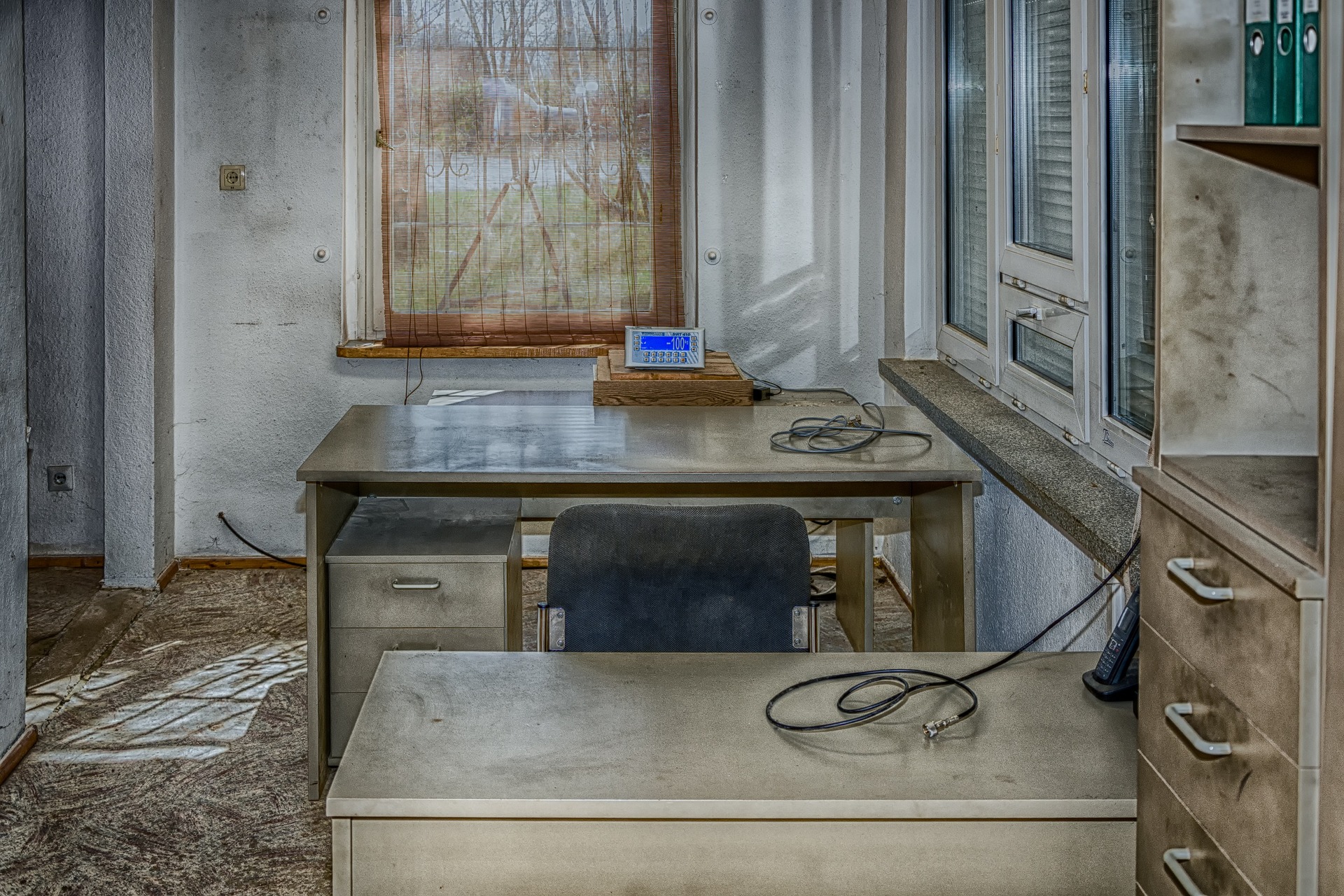It's time to pay more for cleaning, or the UK will get known for dirtiness.
 Darryl | Hygiene Advisor
Darryl | Hygiene Advisor
Half a billion pounds sterling.
That’s how much taxpayers’ money is spent in a year on clearing litter from British streets and public places. Over 1.3 million pieces of rubbish are dropped every weekend. The rat population, with all this fine cuisine to feast on, has soared to over 60 million, beginning to outnumber humans. The number of pieces of litter dropped on our streets is estimated to have multiplied by 6 in the last fifty years. So with clean streets polling as second only to low crime in what’s important to people about their local area, why is the problem getting worse rather than better?
The truth is that there is a cultural shift towards people being less willing to put in the effort to keep their surroundings clean themselves. A MORI poll found that the majority of millennials find they just don’t have time to do cleaning themselves, and don’t feel they should have to – the only generation on their survey where that was a majority. It neatly demonstrates that now, more than ever, people want to pay someone to clean around them instead of doing it themselves.
This is great news for anyone in the domestic sector of the cleaning industry but it does mean that the expected standards of cleanliness, in general, are falling. People tend to have a visit from a cleaner less often than they would have cleaned themselves in the past, so surfaces accumulate more physical and microbial dirt. Do we just not mind living in slightly worse conditions than they did a decade ago? Are we developing a culture of dirtiness?
That’s certainly what it feels like as you travel around the rest of Europe, and the world. Without even mentioning Japan, and their near-legendary culture of impeccable cleanliness, many other countries pay noticeably more attention to their cleaning than the UK. From the spotless Belgian pavements and roads to the carefully maintained German public toilets, all around Europe there are examples of countries with much better cleaning of public areas.
Now I’m going to go out on a limb here and suggest that it’s not because the inhabitants of Britain consciously desire dirtiness. Nobody is going around smearing their kitchens with sludge from the sides of the roads, nor are they rooting through bins for litter to spread around their desk. Instead, the lower levels of hygiene come from the exhausted ‘I can’t be bothered’ and subtly shrugging off low-priority responsibilities. That’s fair enough, we live increasingly busy lives and nobody can focus on everything all the time. All the same, it doesn’t make our existences any better to live like that. We know how good it feels to walk into a fresh-smelling bathroom, or to get back into bed between clean sheets. It makes smiling your way through the rest of the day come easier, and more naturally.
So if human nature makes us inherently want to be clean, but it’s becoming a lower and lower priority for the British public, what’s going to stop us becoming less contented through living in dirtier, worse maintained conditions? Surely people who clean as a profession have the best chance of helping reverse the tide. The reason why most people who aren’t using professional cleaning services at work or home choose to do it themselves is that they have tried it once, but had bad experiences with the quality of the job or the reliability of the staff.
But as well as the trend of hours of free time falling, there is a rise in disposable incomes and more small and medium sized businesses returning a consistent profit than in previous decades, which gives people and companies just that little bit extra to spend on high-end services. A market is emerging for cleaning contractors that may have slightly higher prices than others, but they can gain respect and grow through offering better service, with better trained staff and less administrative hassle, than the competition. And to whoever manages to achieve that, and expand their business as a result, I have massive respect for you. You’re helping to keep the country more clean and pleasant for everyone. Raising the standard of hygiene people want and expect can only be a good thing.




